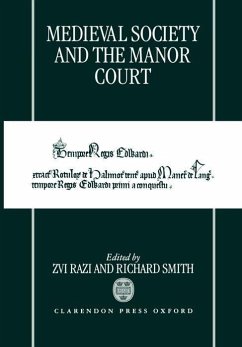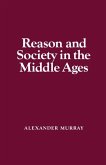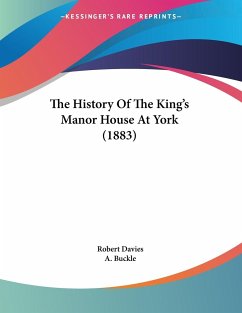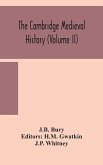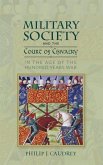The records of manorial courts have been used increasingly as the principal source for the reconstruction of rural and small town society in medieval England. They offer a unique source with which to investigate peasant demography, family patterns, the village community and economy, the characteristics and instruments of customary law, and the ways in which that law was perceived and exploited by landlords and tenants. The essays in this collection provide novel approaches to all of these themes and are written by many of the historians who have pioneered the use of this source category in the last two decades. In two introductory chapters, the editors review the historiography of manorial court rolls and account for their origins as a distinctive record of customary law within the broad context of medieval European society. A valuable appendix contains an inventory of the most comprehensive unprinted manorial court roll series arranged systematically on a county-to-county basis, detailing the repository in which they are located. This book will serve as an essential reference tool for any serious study of medieval English rural society.
Hinweis: Dieser Artikel kann nur an eine deutsche Lieferadresse ausgeliefert werden.
Hinweis: Dieser Artikel kann nur an eine deutsche Lieferadresse ausgeliefert werden.

